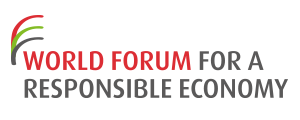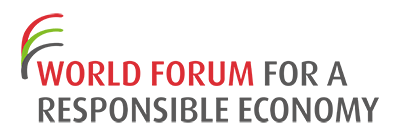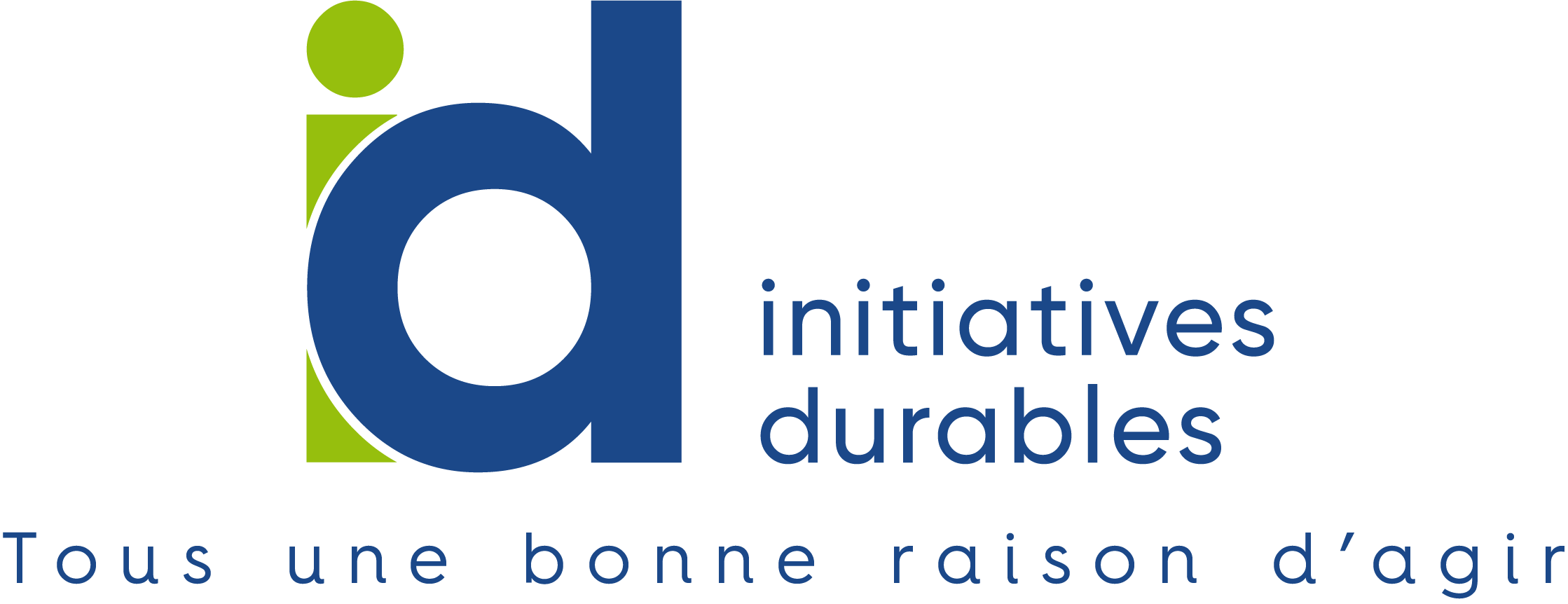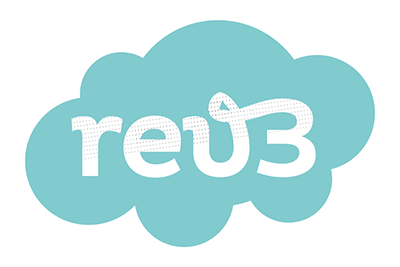The Inditex Group is made up of more than 100 companies operating in textile design, manufacturing, and distribution. They have eight store formats – Zara, Pull & Bear, Massimo Dutti, Bershka, Stradivarius, Oysho, Zara Home and Uterqüe – boasting 4,705 stores in 76 countries. Inditex believes that the policy of Corporate Social Responsibility should include a commitment to improve the development of labour and social rights as well as living conditions.



Context
Objectives
- To protect workers’ rights throughout the supply chain
APPROACH
The relationships between Inditex and its suppliers are set by two key texts which are obligatory for both employees and suppliers. They are as follows:
Inditex Internal Code of Conduct:
Formal declaration of values which regulate the relations of Inditex with each one of its interest groups (shareholders, employees, customers, business partners, suppliers and society in general).
After the incorporation by Inditex of the Ethical Trading Initiative (ETI) in 2005, Inditex incorporated the Code of Conduct for External Manufacturers and Workshops. This Code is expressed in 11 points:
No Forced labour - No child labour - No discrimination - Respect for freedom of association and collective bargaining - No harsh or inhumane treatment - Sage and hygienic working conditions - Wages are paid - Working hours are not excessive - Environmental awareness - Regular employment - Code implementation.
The framework for this Code comes from multiple international agreements, standards, and legislation : http://www.inditex.es/en/corporate_responsibility/social_dimension/code_conduct
Inditex has also gone a step further and concluded a Global Framework Agreement with the ITGLWF (International Textile, Garment, and Leather Workers’ Federation) and both are working together to make “mature industrial relations” a reality in Inditex’s Suppliers across the world. This represents a major switch handing back responsibility for working conditions to where it belongs – the workplace. This means continuous monitoring of conditions from within an enterprise as opposed to irregular visits by external auditors. This approach can only be effective in situations of mature industrial relations with real social dialogue and where the energies of both managers and workforce have been harnessed for the monitoring process enhancing both its effectiveness and credibility.
CONTRIBUTION TO COMPANY PERFORMANCE
- Increased profits and productivity due to better working conditions
- Good corporate image and reputation among communities where activities are implanted
Benefits
- Setting a worldwide example on how workers’ right with suppliers should be conducted
- Turnover
- 1.3 milliard $
- Country
- Spain
















